Laura Markley is a Ph.D. student in the department of Civil and Environmental Engineering at Syracuse University. Previously, she attended Eastern Connecticut State University for her B.S. and Lehigh University for her M.S. in Environmental Earth Science. Her blog, Waste Free Ph.D., focuses on her waste-free lifestyle. On it, she wrote about anything from healthy recipes to tips on recycling and even shared research articles. The following is a Q&A with Laura about her decision to go zero-waste.

As someone in the environmental field, you are aware of issues like carbon emissions and plastic pollution that come from the creation and disposal of certain products. When did you decide to become waste-free? What was the turning point?
Environmentalism was an amorphous term to me for a long time. I was president of Environmental Club in undergrad and have been a pescetarian since high school, but I never really paid attention to day-to-day waste, where it went, or what it was doing to the planet. My focus was elsewhere: greenhouse gas emissions, water contamination, dietary choices. I think I tried to put the blame everywhere else but on myself, the “hopeless” consumer. I hate to say it, but I barely recycled before I came to Syracuse because my apartment had no bin for it. Though accessibility to curb-side recycling and composting is a huge waste-reduction barrier, my everyday practices were also to blame.
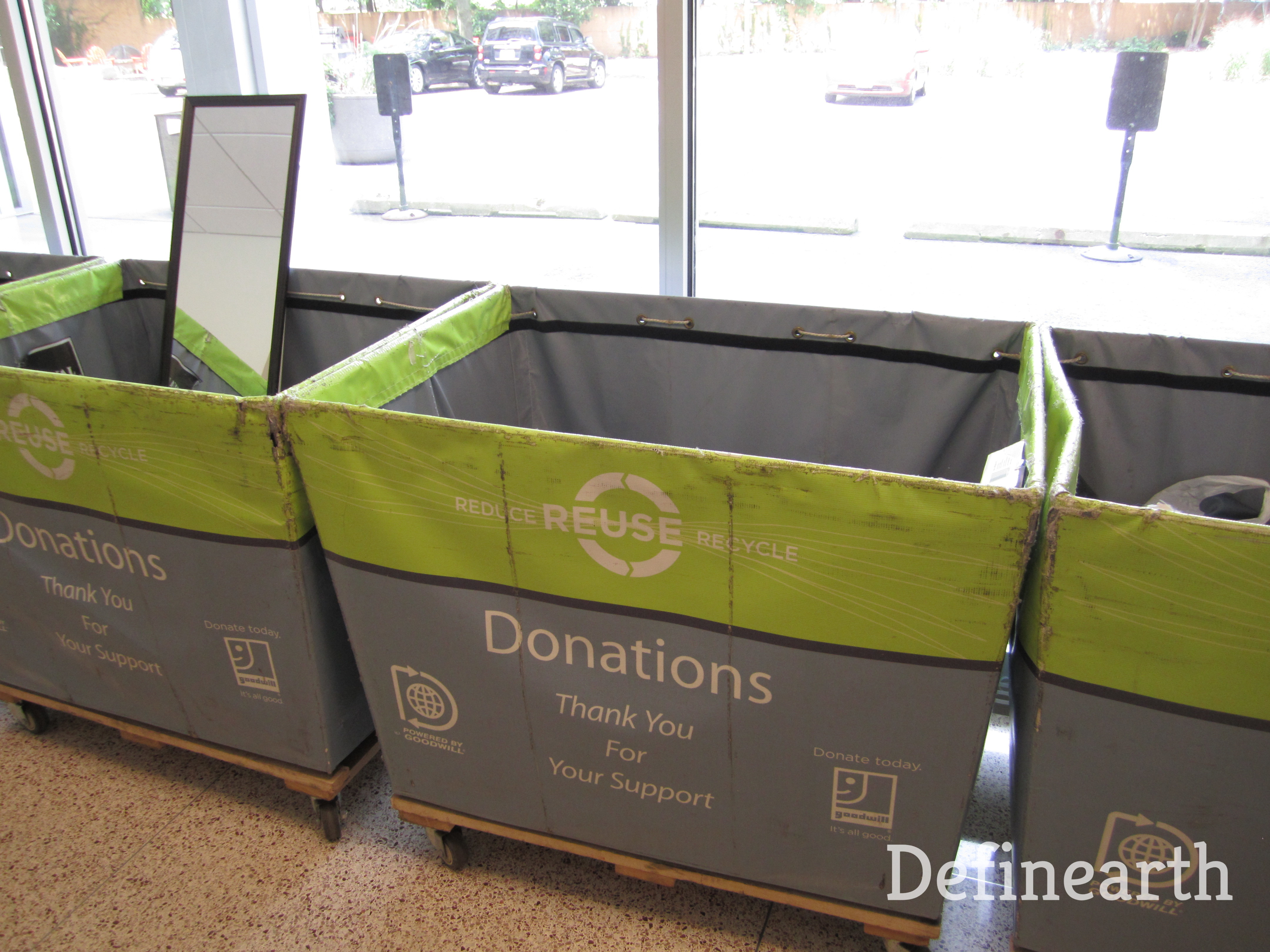
After moving to Syracuse and starting my Ph.D., I had to think a lot about my passions and what I wanted to do with my life. I had started to doubt myself and my contribution to science and, inevitably, questioned how I impacted the world around me. On top of that, I was growing increasingly disgruntled by how much trash I saw everywhere on my walks to campus. During Christmas break, I saw a video on Facebook about a girl who lived waste-free for a month. It reminded me how far I had strayed from my environmental principles and reinvigorated my drive to live as environmentally conscious as possible. I did a ton of research on it and ultimately made it my resolution for the New Year to slowly minimize my waste.
Walking through a typical grocery or drug store, there are still many products that don’t have waste-free or limited-packaging options. What advice would you give to people who want to reduce their impact on the planet but are limited by their situation? Is there a term for people who aspire to be zero-waste, but haven’t reached their goal yet?
My definition of zero-waste is consciously making decisions to reduce your trash, wherever possible and within your means. I don’t think living completely waste free is possible with our current linear economy, which structures products to be disposed at their end-of-life. On top of that, waste is often an accessibility issue and is situational. Not everyone has a bulk store nearby that lets you fill your own containers, and not everyone can afford that. Likewise, not everyone has access to curb-side recycling and composting.
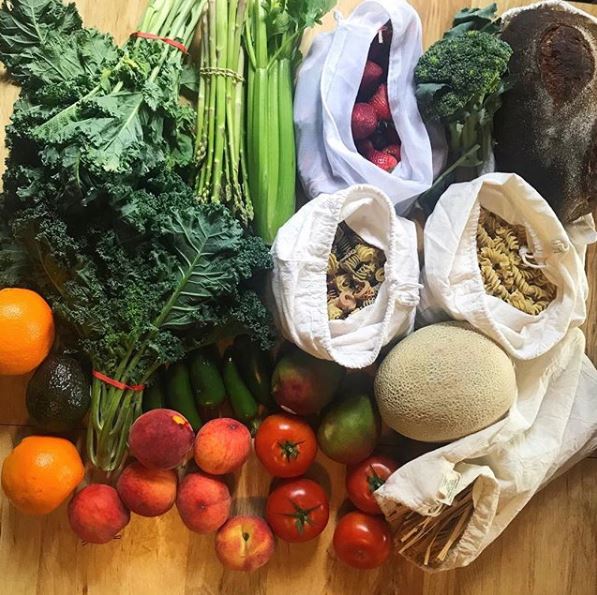
My advice would be to do the best with what you have and find low-cost solutions for your everyday waste production. I also advise using your community and network to the fullest. Maybe you can’t have a compost bin and don’t have access to a composting facility, but your neighbor composts and would gladly add yours to their pile! Take a look at your biggest waste-producing habits and how you can change them to lower your trash output, focusing first on refusing > reducing > reusing > recycling > and, lastly, rotting.
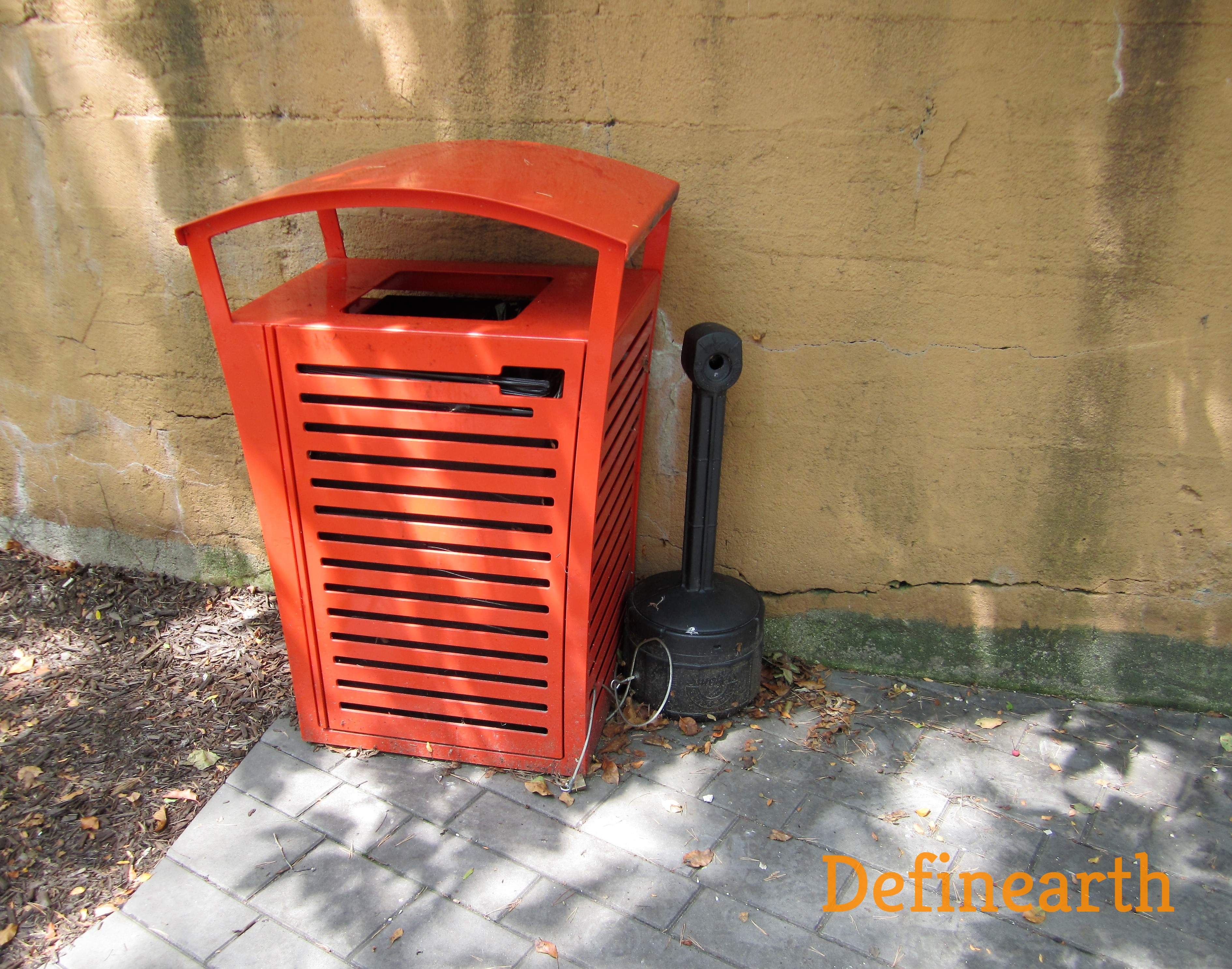
For some people, learning about their environmental impact has made them live healthier lives. For others, being more aware of consumerism has allowed them to spend on more important things. What has been the most rewarding part of this lifestyle change for you?
This lifestyle, above everything, has motivated me to be a more informed consumer. It’s important to know where our food, clothes, and other products come from, what they’re made of, and who made them. I am much more conscious now about making sure my purchases are supporting ethical and sustainable practices in the fashion and food industry. Who we choose to buy from and what we buy gives us control as a consumer to support the companies and practices we want to succeed.
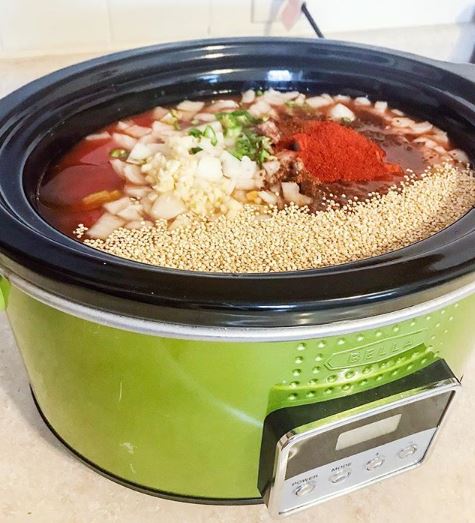
Waste-free living is a trending topic on social media. Still, environmental movements have both waxed and waned from the public eye. Where do you see the zero-waste movement in the future? And what do you hope to achieve with this lifestyle?
I’m hoping the zero-waste movement motivates people to think more critically about the waste they produce and how it impacts the planet. I think the viral initiatives like plastic straw bans have increased visibility of the zero-waste movement and hopefully have motivated people to think about other plastics and wasteful products that they can swap for more sustainable choices. With more people joining the movement, an increase in demand for bulk foods and sustainably made products will make those choices more accessible and affordable. That’s always the goal!
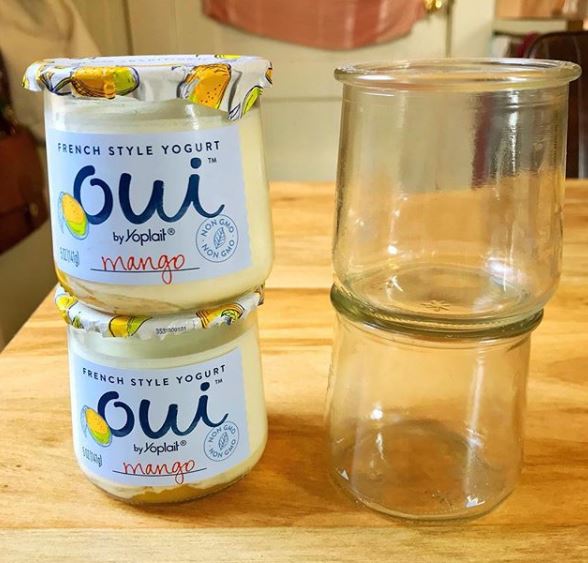
It’s important that zero-waste doesn’t become a short-lived trend, where it’s cool to have stainless steel this and that and it’s just another consumerist habit of following what’s “in” at the moment. It’s tempting to fall into the trap of consumerism even when going zero-waste. There are a lot of product traps in the movement now.
For example, stainless steel straws are very “in” right now. But it’s important to consider if you actually need those as an alternative, or if you’re just trying to fit into the zero-waste archetype. You want to ask yourself a lot of questions before making those purchases because the purpose of going zero-waste is to make things last and to cut down on buying new, whenever possible. I hope that living this lifestyle will have a ripple effect on others, whether it’s in person with people at the grocery store, or through Instagram or blog posts. I hope to continue reducing my waste and to advocate for more sustainable practices from businesses.
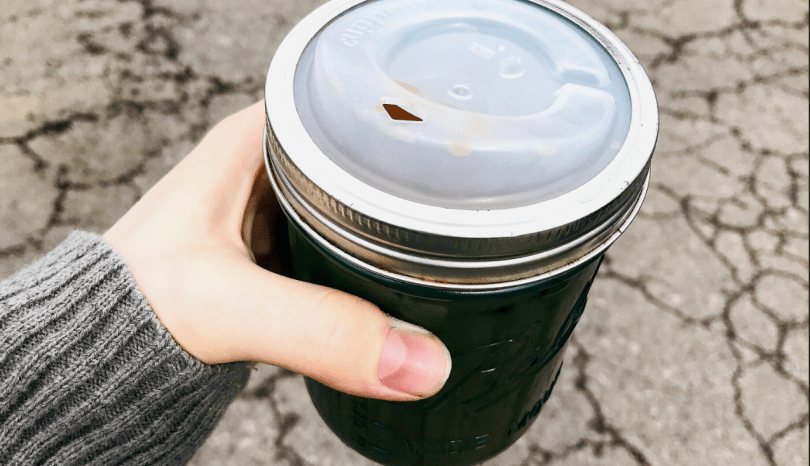
Thanks to Laura for the honest answers about going zero-waste. Her blog, Waste Free Ph.D., has since been retired but you can follow her on twitter (@wastefreephd) to stay updated on her research and special interest writing!


Leave a comment